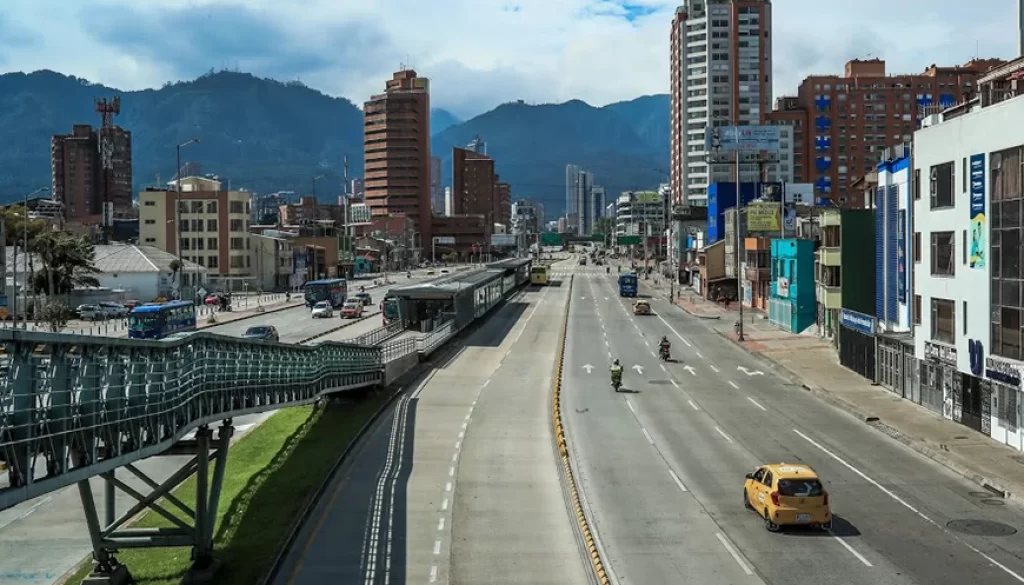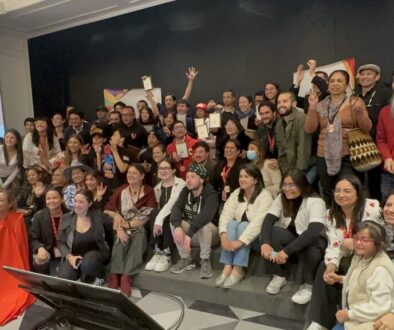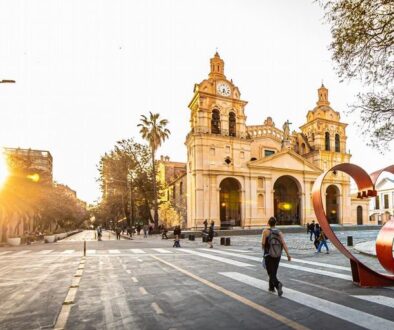CILA at the 50th anniversary of the IDU in Bogota
Since its inception in March 1972, the Urban Development Institute (IDU) has identified the city’s needs in order to plan the development of road infrastructure. According to Diego Sánchez Fonseca, Director of the IDU, in these 50 years the mobility of Bogotá’s roads has been transformed, with better access routes for pedestrians, cyclists and vehicles.
To celebrate its 50th anniversary, the IDU held an academic event entitled “Urban Challenges: models for managing cities in harmony with nature”. During the event, 4 panels were held to generate a space for conversation between global and local actors, leaders of development agendas and models of comprehensive urban transformations, seen through their knowledge, experiences and good practices in the implementation of management models and bets of changes for future sustainable cities.
Within the third panel, oriented towards socio-cultural transformation and urban co-creation, Asuntos del Sur participated in the voice of Matías Bianchi (Executive Director of Asuntos del Sur) who focused on the concept of collective intelligence as a tool for governance. Taking up what the pandemic left us with, he said that there is a great complexity of the challenges we face in society and the health crisis showed that governments were not prepared to face them. These challenges deepened by the pandemic cannot be solved by the individual, whether by a government, a company or a civil society community. This is why collective intelligence plays a central role in addressing social and political challenges. Collective intelligence seeks how to produce public goods with the knowledge, tools and capacities that exist in a space such as cities. To achieve this, there are certain standards to ensure that the process of collective intelligence is open, inclusive and diverse. It must also promote the safety of those who participate, be binding and have the capacity for traceability and aggregation, i.e. to carry out a methodologically rigorous record.
At this issue, cities are the privileged arena for this to happen because opportunities are concentrated there. Cities must have the capacity to understand and enable spaces where society, in its multiple aspects, meets to create something that does not exist, that is to say, to co-create. An example of such spaces was the meeting organized by the International Consortium of Localities in Action (CILA), called Conexión CILA and held on 8 October 2022 at the Jorge Tadeo Lozano University, Bogotá, Colombia. This meeting was proposed as a space for collective intelligence to exchange experiences, address governance challenges and work on innovative responses of cities in the global south from three thematic axes: diverse democracy, environmental democracy and innovative democracy. In this meeting, co-creation workshops and spaces for the exchange of knowledge and experiences between civil society organizations, representatives of local governments and academia were implemented in order to exchange, strengthen and find collective responses to common challenges of the cities of the Global South.
This and other spaces should serve as good examples to promote collective intelligence as a tool for governance and socio-cultural transformation in pursuit of a more sustainable, inclusive and environmentally friendly way of life.
By Fiorella Ricagno, CILA Intern.




